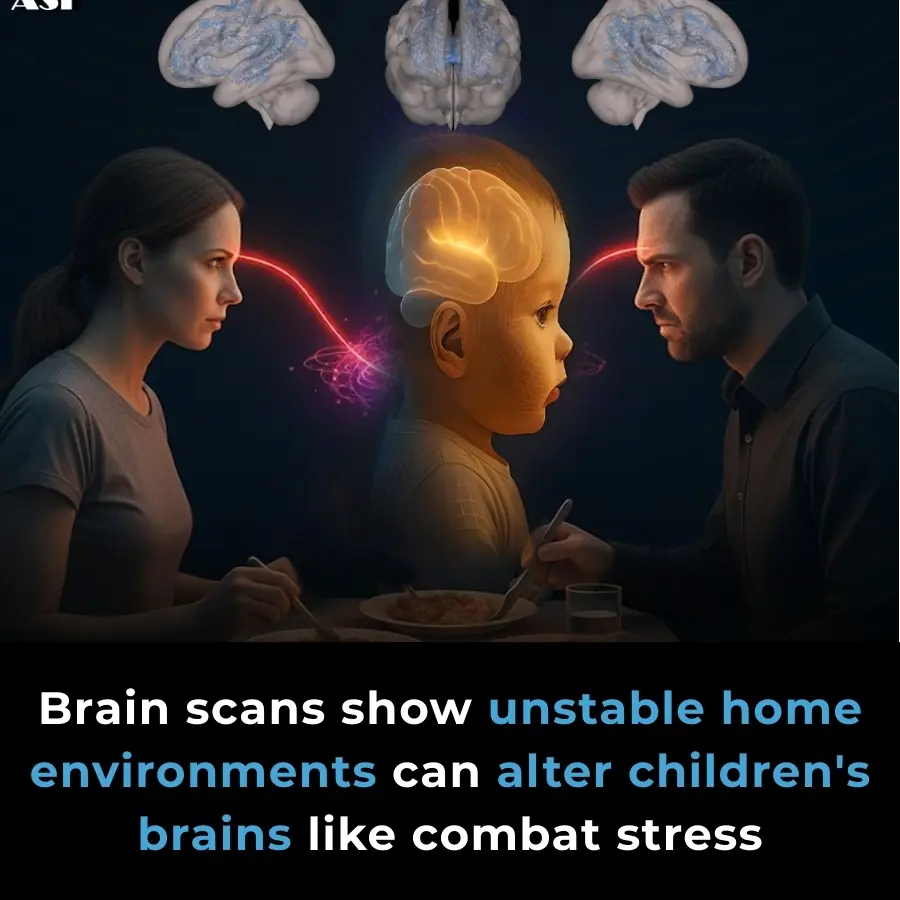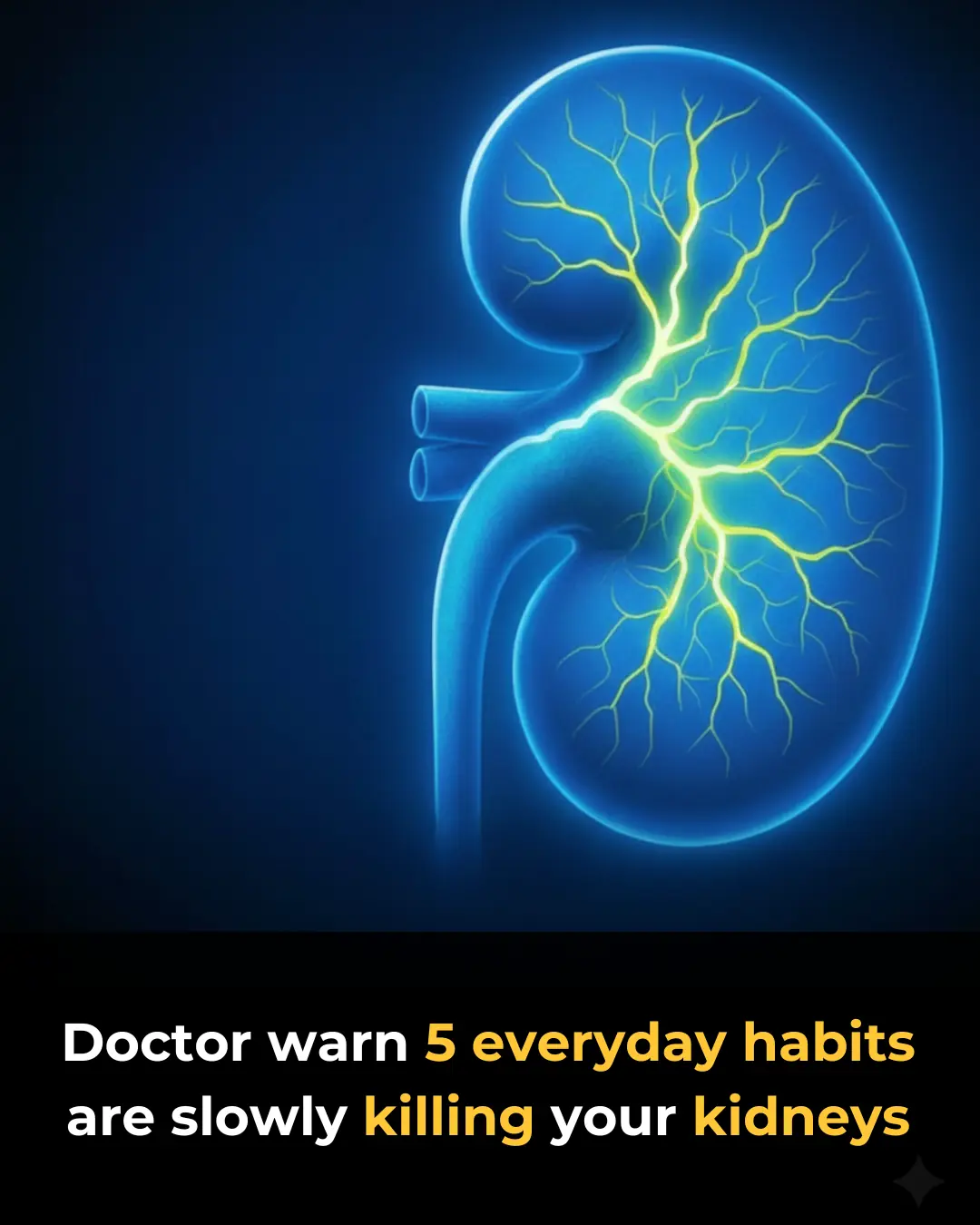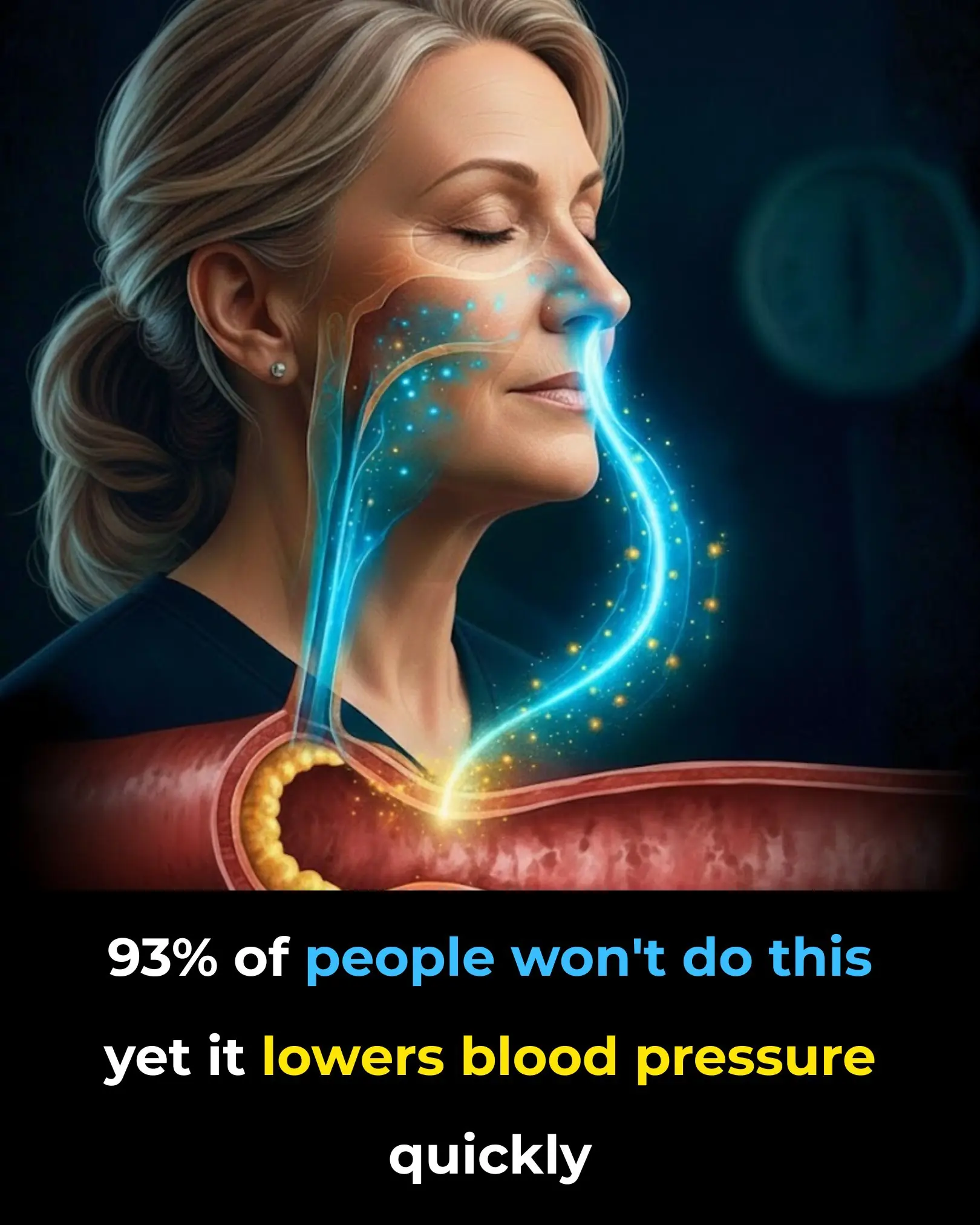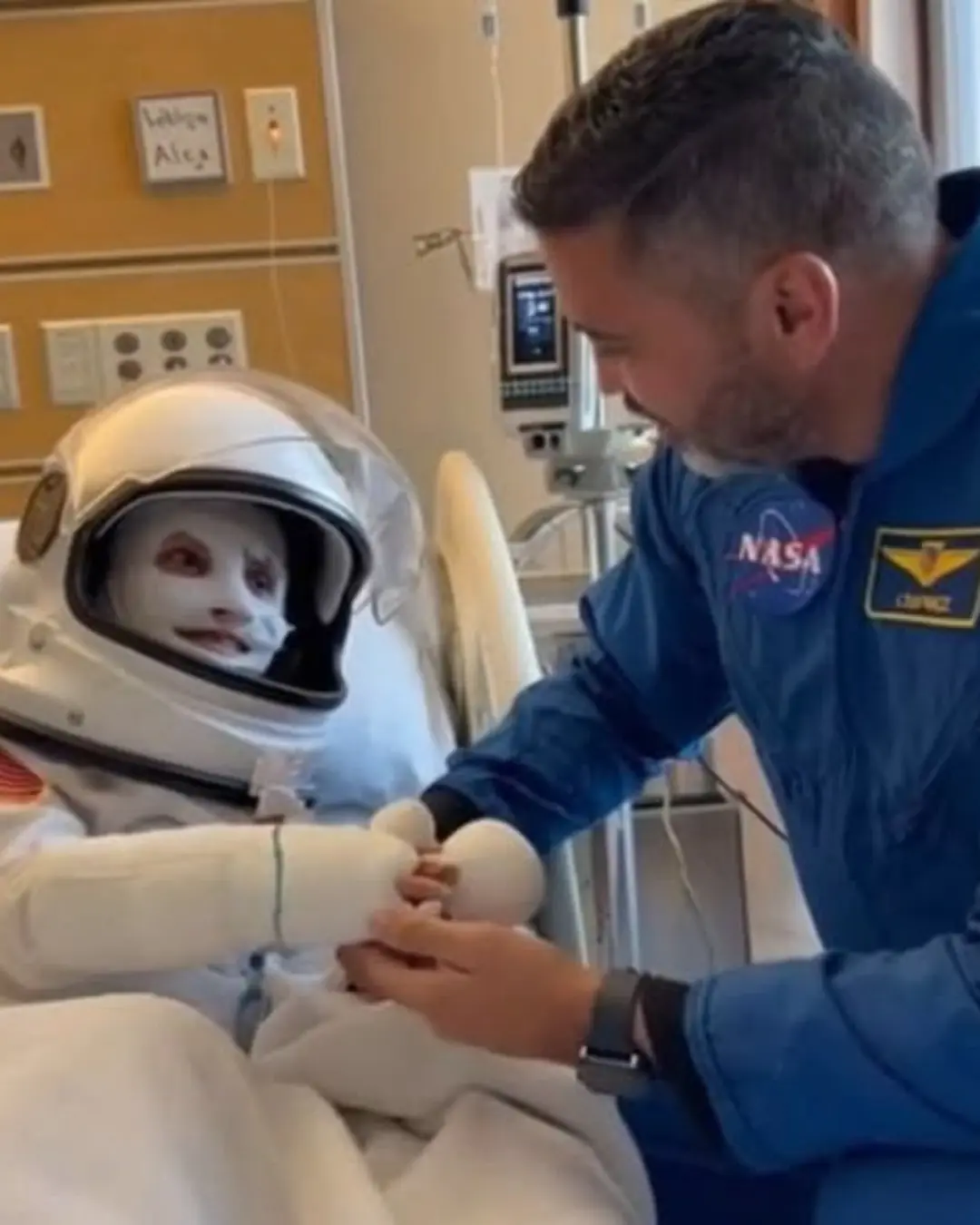
Subtle Signs of Kidney Cancer That Are Easily Overlooked
Kidney cancer is a dangerous malignant disease with a high mortality rate, but its symptoms are often silent, causing patients to be complacent and miss the golden window for treatment.
According to Dr. Hà Hải Nam, Deputy Head of Abdominal Surgery Department 1 at K Hospital, kidney cancer often develops quietly for a long period without obvious symptoms.
When symptoms become more noticeable, the disease has usually progressed to a late stage—survival rates are low and treatment becomes more challenging. This makes early detection of kidney cancer a significant difficulty.
Below are the common but easily overlooked signs of kidney cancer:
Blood in the urine
This is one of the most typical and common symptoms in late-stage kidney cancer. Urine may appear pale pink, rusty, or even bright red.
However, blood is not always visible to the naked eye and may only be detected through testing.
Hematuria can also indicate other conditions such as kidney stones or bladder inflammation, but if it persists or recurs frequently, medical evaluation is necessary.
Lower back or flank pain
A dull, heavy pain in the lower back or along one side of the body may result from a tumor growing inside the kidney and pressing on surrounding structures.
Unlike sharp kidney stone pain, this discomfort is lingering, mild to moderate, and gradually worsens over time.
Unexplained fatigue
Patients with kidney cancer often feel exhausted even with adequate rest. This vague fatigue may be due to anemia caused by impaired kidney function, which affects hormone production responsible for stimulating red blood cell formation.
Unintentional weight loss and loss of appetite
The kidneys play an important role in metabolism and waste elimination. When kidney function declines due to cancerous invasion, patients may experience nausea, poor appetite, and reduced taste for food, leading to uncontrolled weight loss.
This symptom is more common in advanced stages or metastasis.
Blood and electrolyte abnormalities
Some kidney tumors can interfere with blood function, causing anemia (symptoms include dizziness, lightheadedness, rapid heartbeat, palpitations).
The disease may also disrupt the balance of calcium, sodium, and potassium—electrolytes essential for heart and nervous system function.
Signs of metastasis
If kidney cancer is not detected and treated early, it may metastasize to the lungs, bones, or brain. At that point, symptoms may include persistent cough, bone pain, headaches, or seizures. These are late-stage signs indicating the cancer has spread beyond the kidney.
Kidney cancer currently ranks among the 10 most common cancers in men in Vietnam. Incidence continues to rise due to smoking habits, obesity, hypertension, and exposure to toxic chemicals.
Although dangerous, kidney cancer has a high chance of cure if detected early, thanks to surgical removal of the tumor or affected kidney. Today, laparoscopic and robotic surgery helps reduce trauma and shorten recovery time.
Dr. Nam advises the public to maintain regular health check-ups, especially if they have risk factors such as family history of cancer, smoking history, or working in hazardous environments. Early detection not only increases the chance of cure but also reduces treatment burden and medical costs.
News in the same category


Tesla Faces Slump: Over 10,000 Cybertrucks Remain Unsold Amid Weak Demand

Over a Million ‘Giant Eggs’ Discovered Near Deep-Sea Hydrothermal Vents

World’s First Full Human Eye Transplant Shows Promising Survival

How Childhood Trauma Shapes the Brain: Insights from Neuroscience

NASA Spots Giant Butterfly-Shaped Coronal Hole Sending Solar Wind Toward Earth

4 Items You Should Never Store in the Freezer — Ignoring Them Could Be Life-Threatening

It’s Time to SAVE YOUR KIDNEYS by Eating These 3 Foods: Familiar but Not Everyone Knows How to Use Them

U.S. doctor reveals how to remove pesticides and dirt from fruits — just a few simple steps to protect your family

You’re storing garlic and onions wrong — here’s the right way

10 simple ways to reduce dust at home that most people overlook

You’re Doing It All Wrong: Here’s the Right Way to Defrost Frozen Pipes

I Didn’t Know!

Powerful Health Benefits of Pineapple You Should Know

Why You Keep Waking Up at Night
China Just Launched the World’s First 10G Home Internet — And It Signals the Future of Global Connectivity

Good to know!

I had no idea

Works like a charm
News Post

How Artists and Engineers Are Confusing Facial Recognition AI

Tesla Faces Slump: Over 10,000 Cybertrucks Remain Unsold Amid Weak Demand

Over a Million ‘Giant Eggs’ Discovered Near Deep-Sea Hydrothermal Vents

World’s First Full Human Eye Transplant Shows Promising Survival

How Childhood Trauma Shapes the Brain: Insights from Neuroscience

NASA Spots Giant Butterfly-Shaped Coronal Hole Sending Solar Wind Toward Earth

Doctors Warn: 5 Everyday Habits Slowly Damaging Your Kidneys

93% of people won’t do this yet it lowers blood pressure quickly

4 Items You Should Never Store in the Freezer — Ignoring Them Could Be Life-Threatening

It’s Time to SAVE YOUR KIDNEYS by Eating These 3 Foods: Familiar but Not Everyone Knows How to Use Them

U.S. doctor reveals how to remove pesticides and dirt from fruits — just a few simple steps to protect your family

You’re storing garlic and onions wrong — here’s the right way

The Day a Judge Broke Protocol to Protect a Child.

The Giant Who Rushed Home for a Bedtime Story.

The Day a Burned Little Boy Met His Hero in Blue.

The Princess Who Saved Her Father.

The Mailman Who Became Her Shelter.

Forty-Eight Hours of a Mother’s Love.
